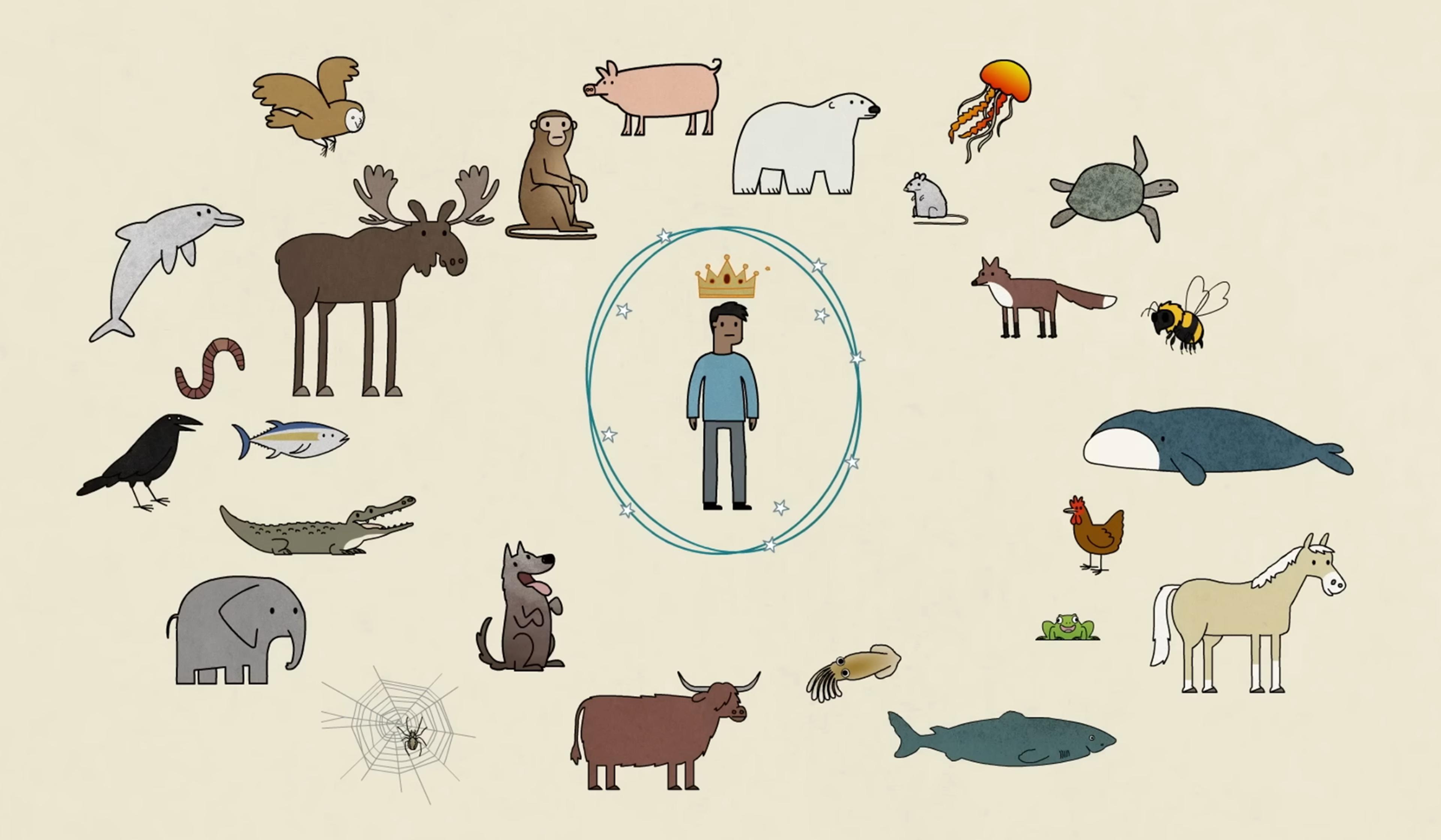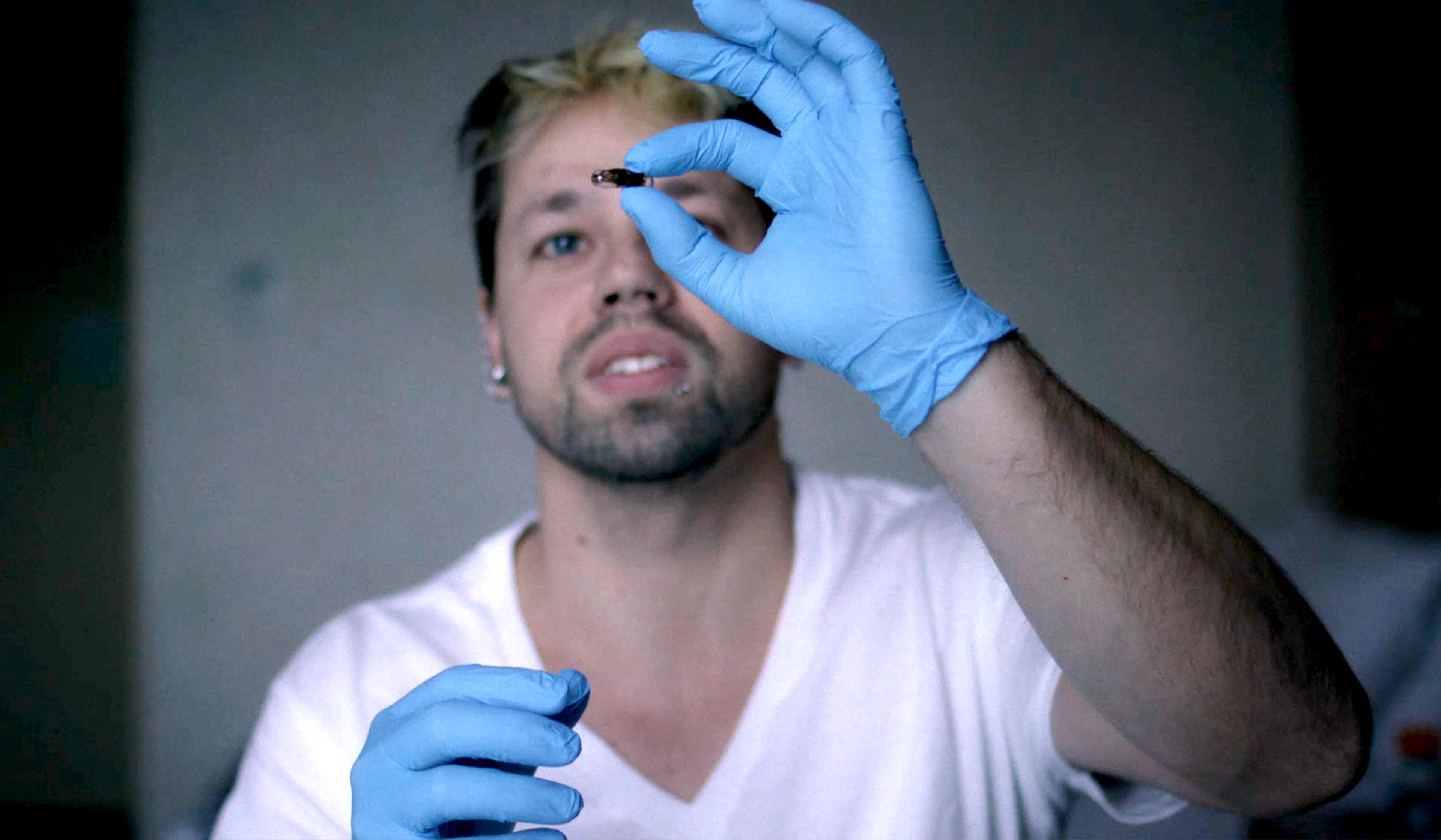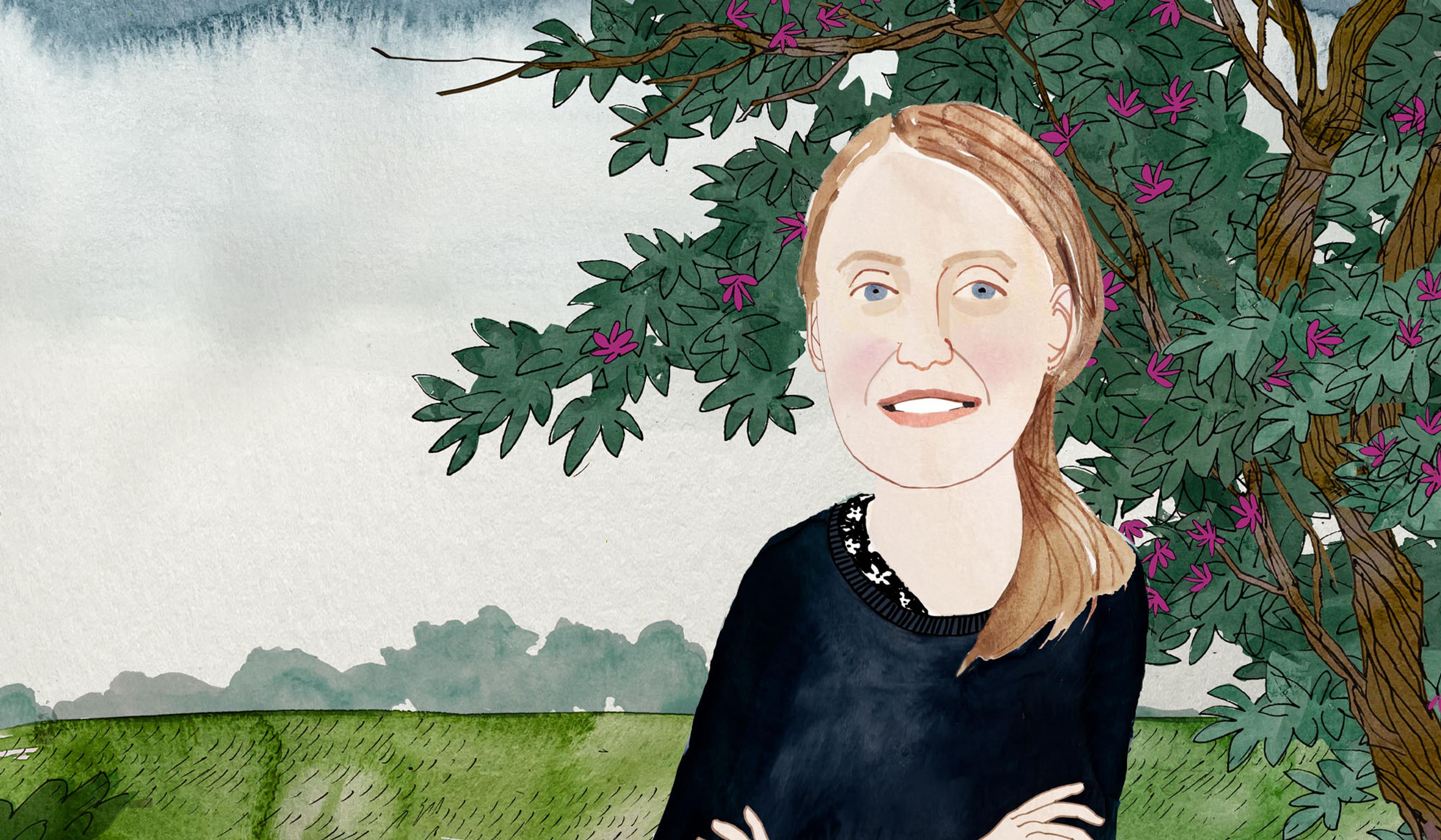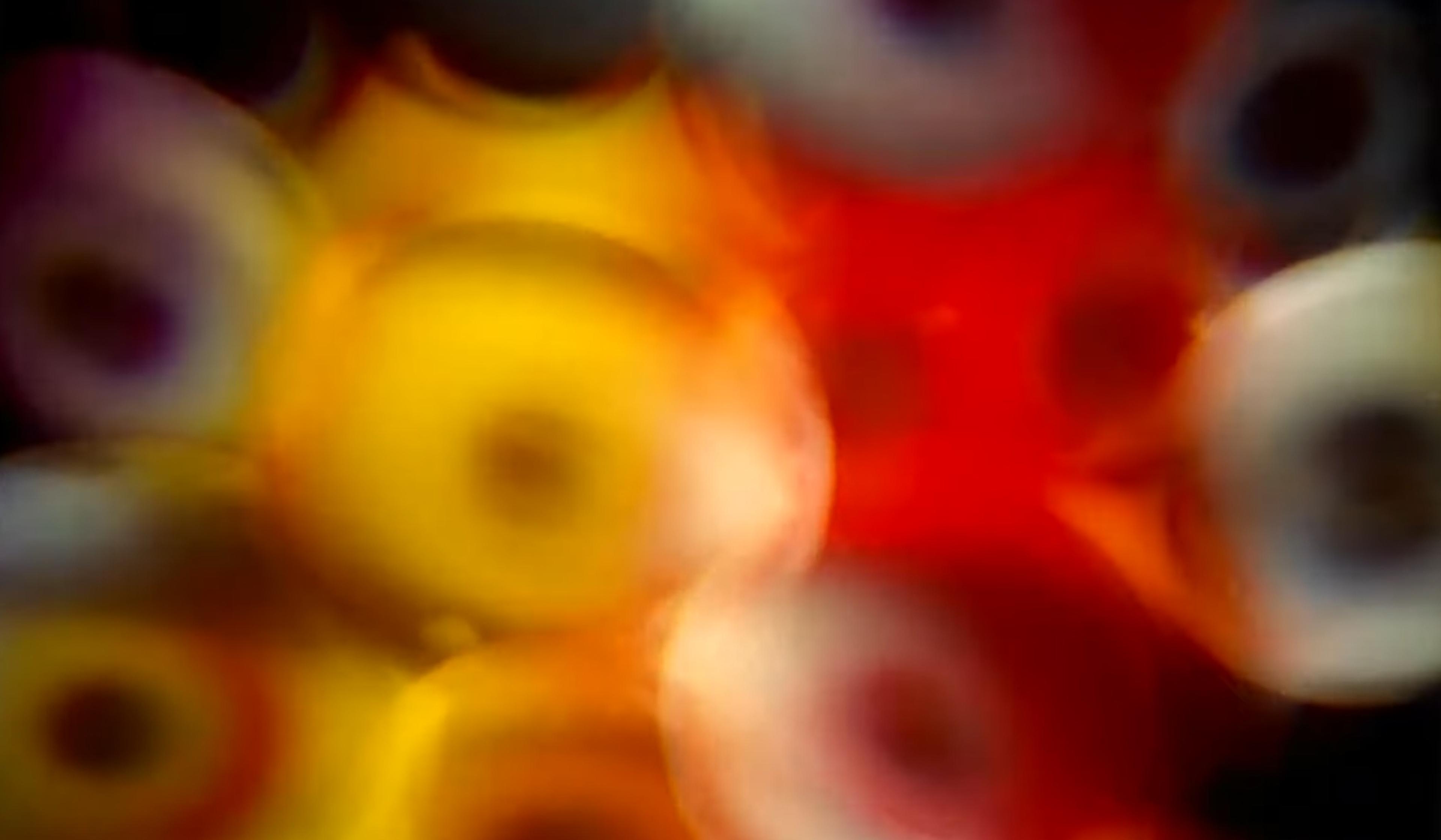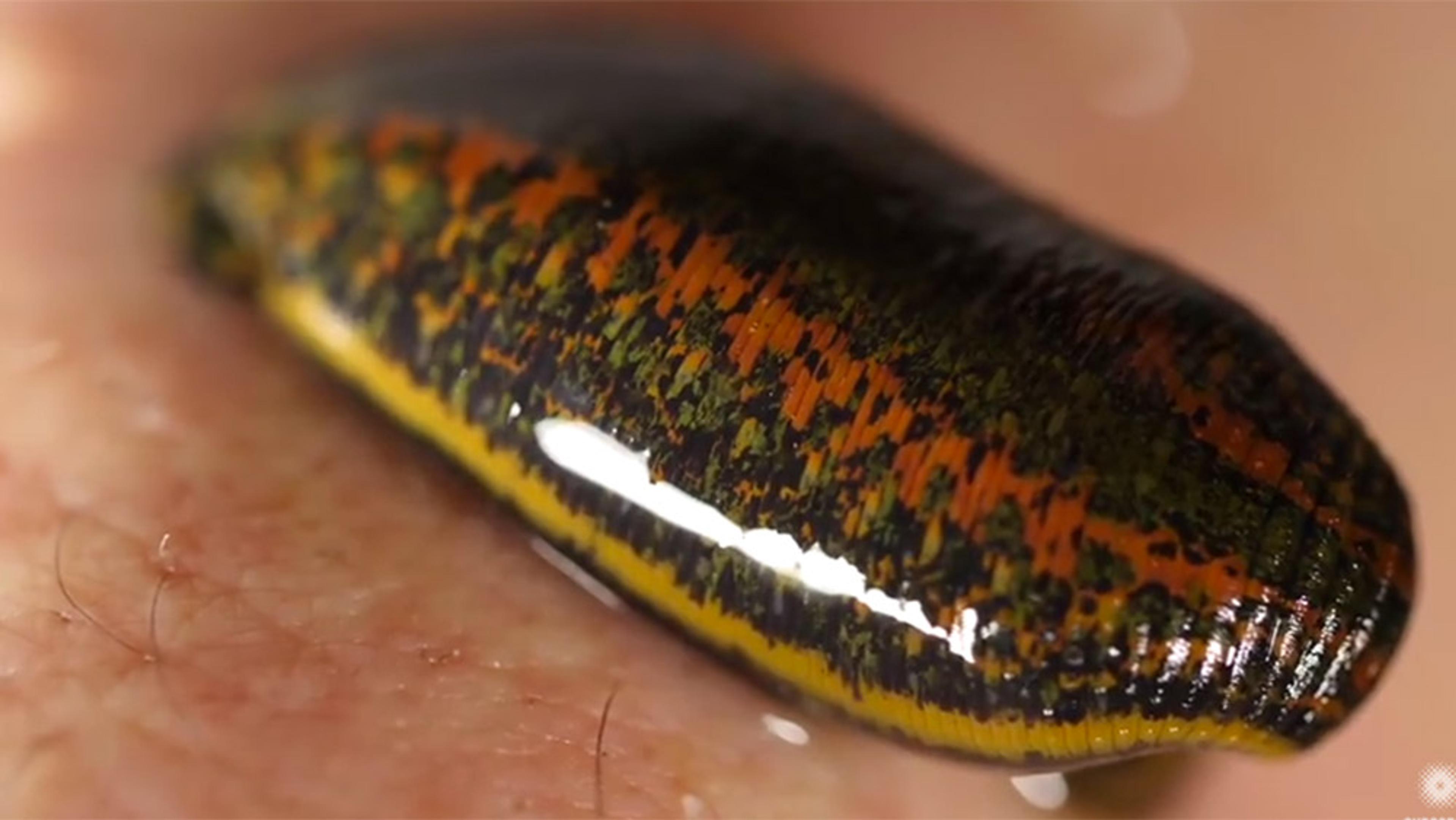After decades of experimenting on animal brains, the US neurosurgeon Robert J White proposed executing a ‘whole body transplant’ on a rhesus monkey in the late 1960s. By performing a complex surgery that involved removing one monkey’s head and attaching it to another’s body, White believed he might unlock a method to potentially save human lives in the future. It was a medical experiment widely considered to be controversial, even in an era before the animal rights movement had reached the mainstream.
Yet, as this video from TED-Ed details, with the approval of some mainstream agencies, including the National Institutes of Health (NIH), the procedurally complicated, ethically complex and certainly grisly experiment was conducted in 1970. Chronicling both the surprising results of the surgery and the enduring controversies around it, the short animation touches on what White’s experiment reveals about centuries-old questions like the mind-body problem, as well as intricate issues on the frontiers of bioethics.
